These learning outcomes address information literacy skills and concepts that English 110 students engage with throughout the research process. Each English 110 library instruction session is designed to address between one and three of these outcomes, based on the assignments and students’ needs.
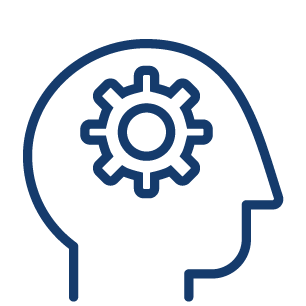 Engaging in the Process of Inquiry
Engaging in the Process of Inquiry
1.1 Given a topic with conflicting perspectives, formulate appropriately complex research questions.
1.2 Analyze research topics to identify component parts for systematic investigation.
1.3 Identify a range of possible authorities, whether groups or individuals, that would likely have created or collected useful information on a topic. ![]()
1.4 Examine the ways that personal experience could preclude or advance the thorough investigation of a topic.
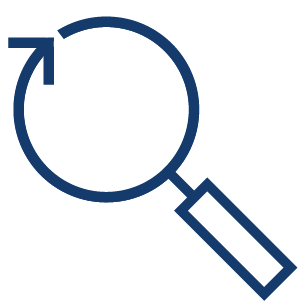 Searching Strategically
Searching Strategically
2.1 Develop and apply topic-specific vocabulary throughout the research process. ![]()
2.2 Construct and perform iterative searches using multiple research tools in order to find information related to component parts of the research topic.
2.3 Select a variety of traditional and emerging research tools based on type of inquiry.
2.4 Monitor gathered sources and envision what additional information and perspectives are needed.
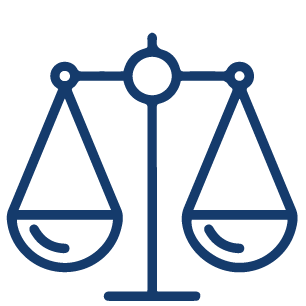 Evaluating Authority
Evaluating Authority
3.1 Evaluate why information creators have authority to speak on a subject, recognizing that authority is earned in a variety of ways.
3.2 Articulate how a project is strengthened by sources that represent multiple perspectives, points of view, and mediums. ![]()
3.3 Critically reflect on the limitations of a given perspective—or even the majority perspective—on an issue.
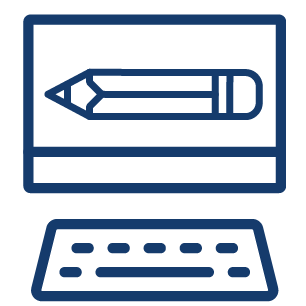 Understanding Modes of Information Creation
Understanding Modes of Information Creation
![]() – All outcomes below apply to research and multimedia projects.
– All outcomes below apply to research and multimedia projects.
4.1 Question how and why a source was created when evaluating its relevance and usefulness for a project.
4.2 Compare the unique attributes of different information formats and describe the significance of using a particular format in a project.
4.3 Evaluate how the tone, medium, and intended audience of a source impact the delivery of its message, particularly when creating one’s own multimedia project.
4.4 Develop a plan for creating and sharing a multimedia project and describe the rationale behind those choices in terms of the project’s medium and audience.
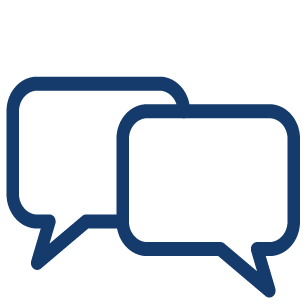 Entering and Critiquing the Conversation
Entering and Critiquing the Conversation
5.1 Reflect on one’s own privilege and limitations as both a consumer and creator of information. ![]()
5.2 Describe the value that information derived from various sources would bring to a project.
5.3 Explain the relationships among selected sources, in preparation to represent a spectrum of viewpoints on a topic in a research project.
5.4 Create appropriate attributions for sources, demonstrating respect for the original ideas of others.
![]() Outcome is highly relevant to both multimedia and research projects.
Outcome is highly relevant to both multimedia and research projects.
